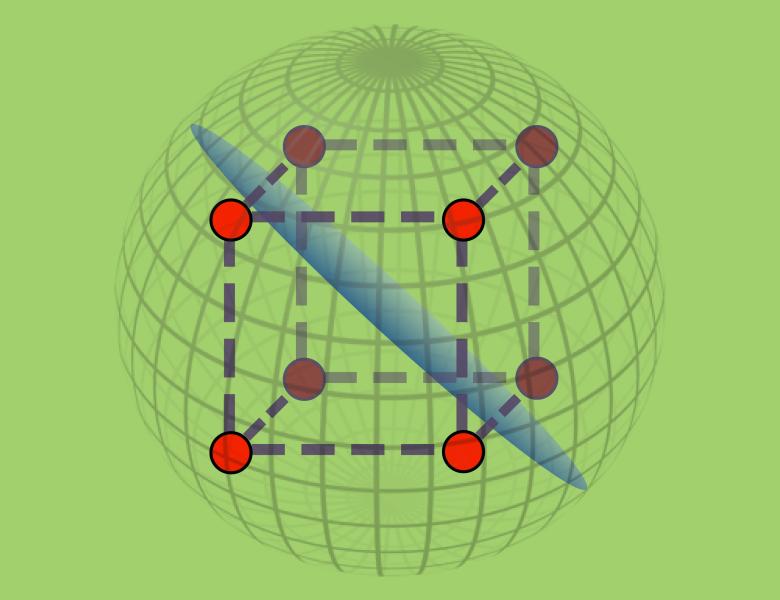
Abstract
The noise sensitivity of a Boolean function describes its likelihood to flip under small perturbations of its input. Introduced in the seminal work of Benjamini, Kalai and Schramm (BKS), it was there shown to be governed by the first level of Fourier coefficients in the central case of monotone functions at a constant critical probability.
Here we study noise sensitivity and a natural stronger version of it, addressing the effect of noise given a specific witness in the original input. Our main context is the Erdös-Renyi random graph, where for most interesting properties, the relevant value of the probability of the input goes to 0 polynomially fast in the number of variables and hence BKS does not apply. For a number of interesting properties, we can determine quantitative versions which yield the precise level of noise necessary in order to have an effect. This is joint work with Eyal Lubetzky.


